The Libyan capital Tripoli and its surroundings are witnessing escalating tensions with mutual military build-ups between armed militias, amid warnings of a potential new confrontation that could shatter the fragile stability the country has experienced since the 2020 ceasefire agreement.
In response to this escalation, efforts led by the Libyan Presidential Council continue to contain the tension, supported internationally by the United Nations mission, which has called on all parties to respond to de-escalation efforts and commit to peaceful solutions.
Influence of Ideological Groups
Member of the Libyan Supreme Council of Elders and Sheikhs, Miftah Al-Qalioushi, told Sky News Arabia that armed militias still represent the biggest obstacle to stability, holding the expired-term Government of National Unity responsible for succumbing to the dominance of ideological groups led by the deposed Mufti Sadiq Al-Gharyani.
He pointed out that these groups seek to control vital sectors in western Libya, including Tripoli, Misrata, Zawiya, and Gharyan, in addition to the Mitiga base and port, to use them as leverage in any upcoming political settlement.
Struggle over Mitiga
In the same context, political expert Ramadan Shleig warned of the dangers surrounding the Mitiga airbase, following the entry of forces from Misrata into Tripoli, describing it as an attempt by the government of Abdul Hamid Dbeibeh to impose full control over the base.
He explained to Sky News Arabia that the government justifies its moves by the need to subject the base to state authority, but “the reality proves the absence of a unified regular force in western Libya,” warning that any clashes in densely populated areas could lead to a humanitarian disaster.
Warnings of a Pointless War
Member of the Libyan State Council Ahmed Ahmouma confirmed to Sky News Arabia that the capital still represents “a safe haven for Libyans” despite attempts to drag it into what he described as “pointless” wars, noting that the council is conducting intensive contacts with influential parties to defuse the crisis.
He considered that Libya stands on the brink of a comprehensive political settlement that could restore the path to normalcy, despite attempts by opportunists to sabotage it.
Threat to Ceasefire Agreement
In his talk with Sky News Arabia, the head of the Libyan National Human Rights Institution, Ahmed Abdul Hakim Hamza, considered the current military movements a direct threat to stability and a warning of the collapse of the ceasefire agreement.
He called on all parties to adhere to the security arrangements approved by the Presidential Council and to avoid any escalation that threatens civilian lives.
He also reminded of the UN Security Council resolutions imposing sanctions on individuals and entities that obstruct the political process or threaten security in Libya.




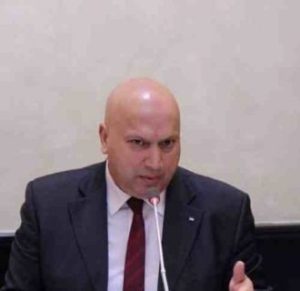

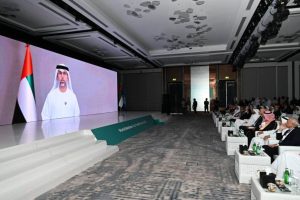
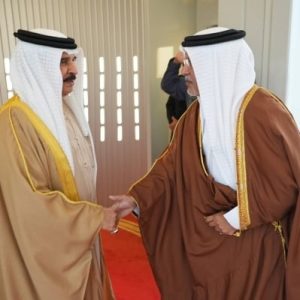
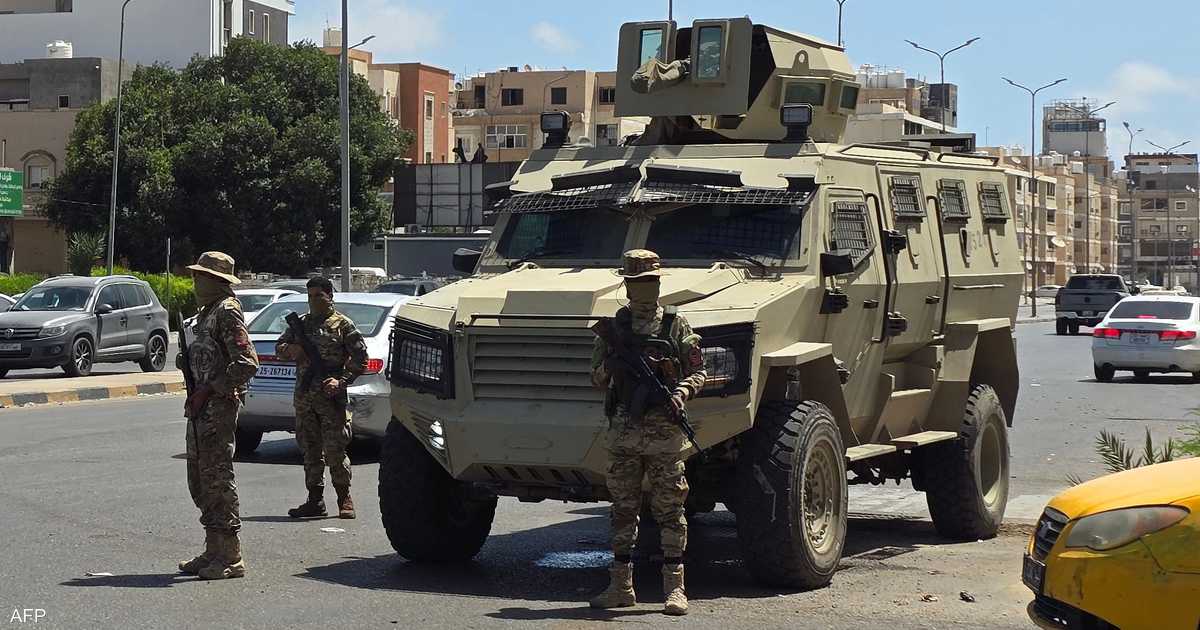
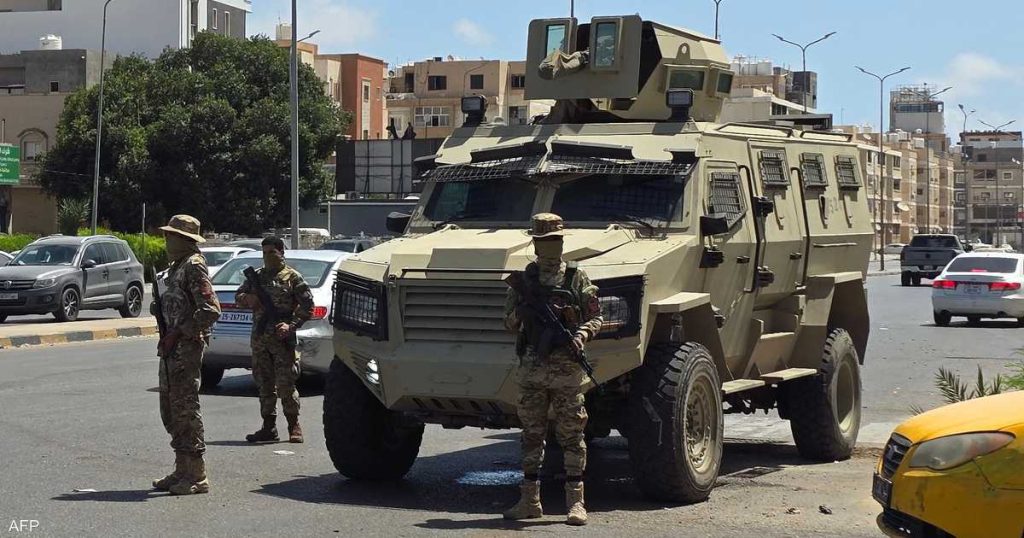




Recommended for you
Exhibition City Completes About 80% of Preparations for the Damascus International Fair Launch
Talib Al-Rifai Chronicles Kuwaiti Art Heritage in "Doukhi.. Tasaseem Al-Saba"
Unified Admission Applications Start Tuesday with 640 Students to be Accepted in Medicine
Egypt Post: We Have Over 10 Million Customers in Savings Accounts and Offer Daily, Monthly, and Annual Returns
His Highness Sheikh Isa bin Salman bin Hamad Al Khalifa Receives the United States Ambassador to the Kingdom of Bahrain
Al-Jaghbeer: The Industrial Sector Leads Economic Growth